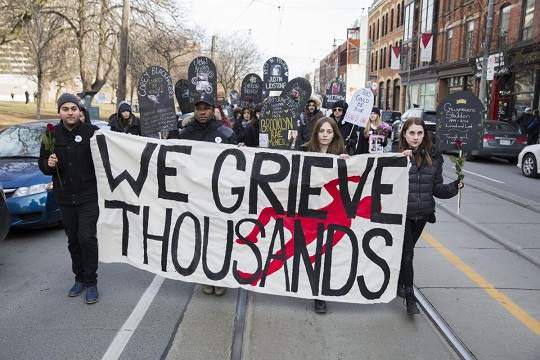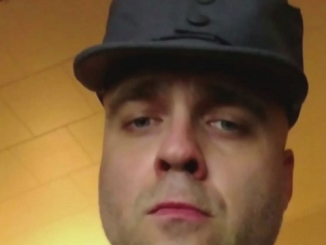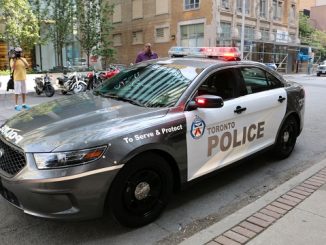
Canada’s government has refused Toronto’s request to decriminalise the small possession of hard drugs in the city.
It was denied because of concerns over public safety and lack of political support, officials said.
Toronto had initially made the request in 2022 in a bid to tackle its overdose deaths crisis.
The rejection comes after British Columbia (BC) rolled back its own decriminalisation policy last month.
It was another blow to the recent movement to loosen laws around drugs in the hopes of getting more help to the people who use them.
Canada’s mental health and addictions minister, Ya’ara Saks, rejected Toronto’s request because “she has determined that it does not adequately protect public health and maintain public safety”, Health Canada said in a statement.
The public health agency added it was concerned about “a lack of support from key players including the province of Ontario.”
Last week, Ontario officials said in a letter that they would “under no circumstances” support decriminalising the small possession of illicit drugs in Canada’s largest city.
“(It) would only add to crime and public drug use while doing nothing to support people struggling with addiction,” wrote Ontario’s Health Minister Sylvia Jones in a letter penned to Toronto officials.
Toronto’s bid was supported by the Toronto Police Service and public health experts in the city.
In a letter penned to Canada’s former mental health minister Carolyn Bennett last year Ms de Villa and Toronto’s Chief of Police Myron Demkiw acknowledged the request is a “significant change to the status quo,” but said there is “support for a made-in-Toronto model of decriminalisation” to help improve health outcomes for people who use drugs.
“The evidence demonstrates that criminalizing the possession of drugs for personal use leads to discrimination and stigma,” the letter said.
It added that a criminal record can prevent someone struggling with addiction from having “meaningful employment and secure housing”.
Much of North America is grappling with a deadly opioid drug crisis.
More than 100,000 people died from a drug overdose in the US last year. In Canada, at least 42,000 people have died of an opioid overdose since 2016.
The rejection of Toronto’s bid comes after a significant roll back of BC’s decriminalisation policy – the first to be implemented in Canada.
BC’s programme – a pilot that began in January 2023 and was supposed to run until 2026 – allowed adults to possess up to 2.5 grams of heroin, fentanyl, cocaine or methamphetamine without being arrested, charged or having their drugs seized, except around schools and airports.
But after pushback from some politicians and residents over concerns around public disorder and drug use, the province said in April that it will make illicit drug use in all public spaces illegal again.
In April, the US state of Oregon also reversed a decriminalisation policy that had been in place since 2020.
The policy was seen by many as the most liberal effort in the US to decriminalise hard drugs, but lawmakers backtracked after overdoses continued to spike in the state and residents grew increasingly concerned and angry about people openly using drugs in public.
Source: bbc.co.uk






Be the first to comment